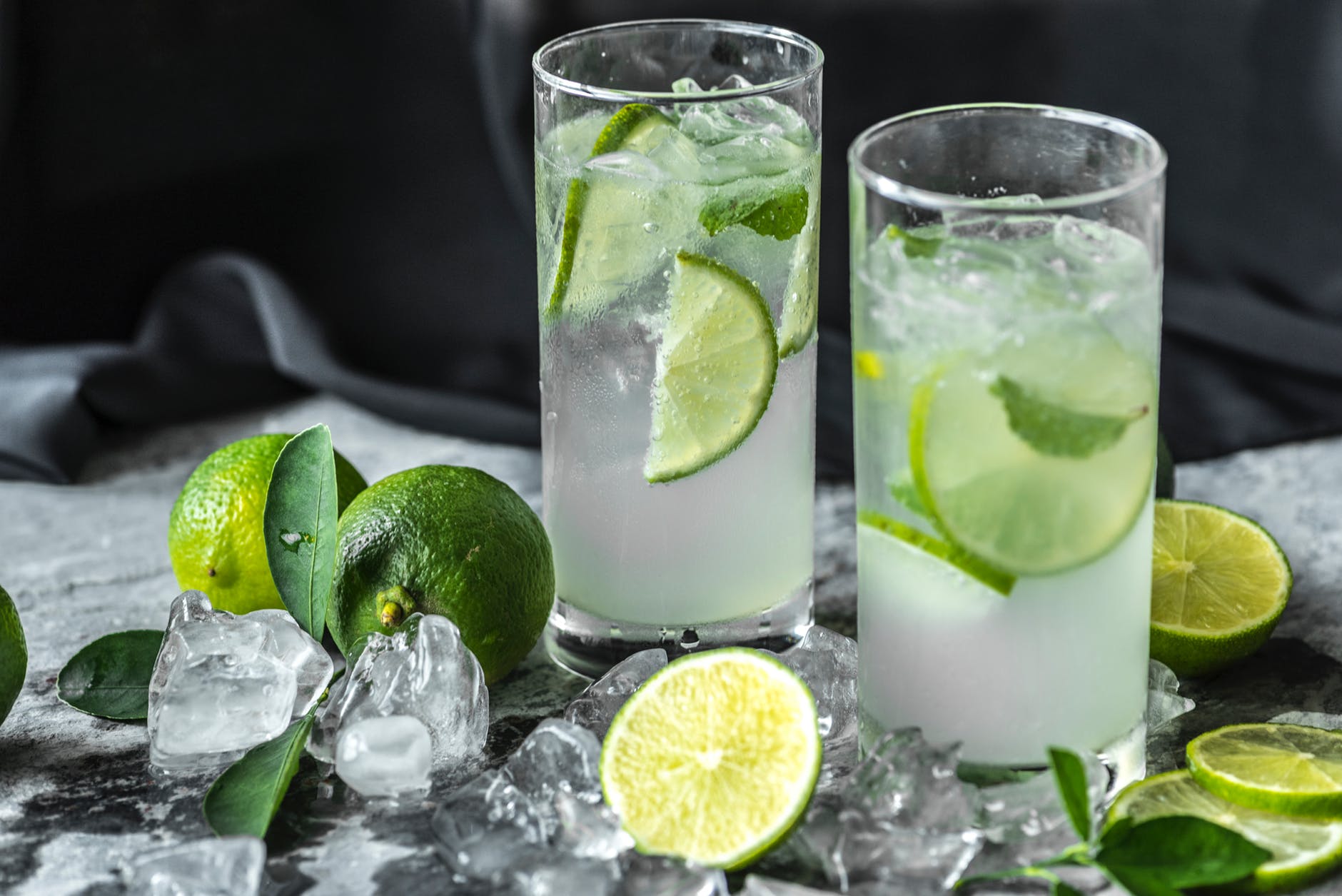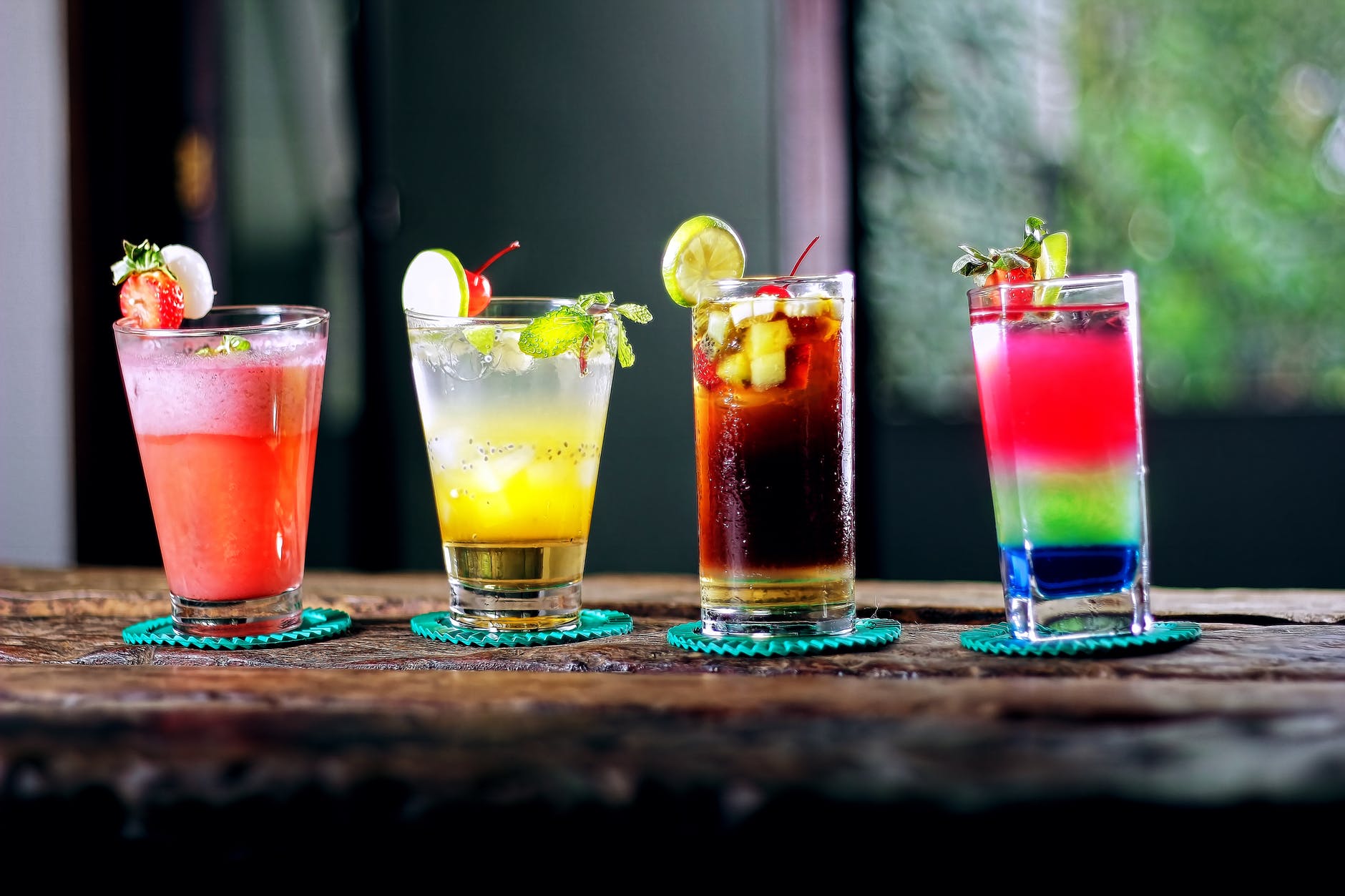
Alcohol Alternatives: What the Next Twenty Years Might Bring
Popular alcohol alternatives we can expect in the future
Recent research suggests that 31% of over 18’s choose not to drink alcohol, and a further 17% have just one tipple a month. It’s clear to see that consumers are opting for non-alcoholic alternatives instead of the common pint, and as such, the demand for soft drink options is on the rise. Forget the coke and orange juice, in this blog post, we take a look and the innovative alternatives that are replacing alcohol in the supermarkets, pubs and bars, as well as discussing what new options we can expect to see in the next 20 years.
Mocktails
The rise of the cocktail in the early 2000’s saw a growing demand in something similar which could be aimed at the teetotalers. With almost a third of the population choosing not to drink, companies and beverage suppliers are creating a range of alternatives to target this segment of the consumer market. Mocktails replicate the taste of the traditional cocktail, but cut out the alcoholic element. Cocktails signify luxury, and nowadays, ordering a mocktail is no second-best option. These non-alcoholic alternatives are just as opulent, and—when done right—taste just like their alcoholic counterparts, meaning that those preferring a soft drink alternative can enjoy the same flavours and concoctions.
Mocktails are thriving in cocktail bars and restaurants, and now the most popular mocktails, such as the virgin mojito and fruity margaritas, are starting to appear in our supermarkets. In the coming years, we can expect to see a rise in the variety of mocktails pre-mixed and available to buy in stores, which are likely to become readily available to buy.

Alcohol-free beer, wine and cider
Retailers such as local supermarkets have introduced a wide range of non-alcoholic beverage alternatives in recent years to satisfy those who want their regular beer, wine or cider without the alcoholic label. There are now a vast array of non-alcoholic lagers, red, white and rose wines, ciders and perry in order to cater for those who seek the alcohol alternative.
In the future we can expect an even greater range of these products to appear on our shelves, with an even more refined, close to the ‘real thing’ taste. It is likely that, given their proven popularity, we will also witness the movement of the more common alcoholic alternatives into local pubs and restaurants, becoming a regular feature on the drinks menu.
Non-alcoholic spirits
Non-alcoholic spirit replacements, such as the gin alternative Seedlip have become extremely popular this year. With their numerous big-brand partnerships, such as with Virgin Atlantic to promote non-alcoholic cocktails on flights, it is clear to see that this non-alcoholic distilled spirit is proving extremely popular.
This is an example of how non-alcoholic spirits are garnering the intention of major players. Like-minded competitors and other big-name companies with significant clout are sure to take notice of this development going forward. What starts as high-profile and luxury inevitably trickles down to supermarkets in the end, so high-end non-alcoholic gins are sure to eventually end up being as commonplace as their alcoholic counterparts.
Soft drink companies
The growing number of non-drinkers has not gone unnoticed by the leading soft drink companies. Cordial company Belvoir was one of the first to produce a wine without the hangover non-alcoholic wine range back in 2016.
In the future we can expect to see more beverage companies follow in the footsteps of Belvoir, who have experienced great success with their non-alcoholic wine range, which is now stocked by numerous supermarket chains. In an attempt to compete, it is likely that rival companies will strive to produce a wider range of no-alcohol wine types, and the product quality itself is predicted to further improve.
With the competitive nature of alcohol alternative beverage production forecast to continue, companies are beginning to look further than the product in the bottle alone. Brands are now addressing the presence of their product on the shelf, asking how the appearance can be improved in order to drive sales.
We specialise in advising and providing premium bottle closures, labels and adornments to make your drinks brand unique. If you are interested in any of the services offered by Rankin Brothers & Sons or want to know more, please get in touch with a member of our team today.